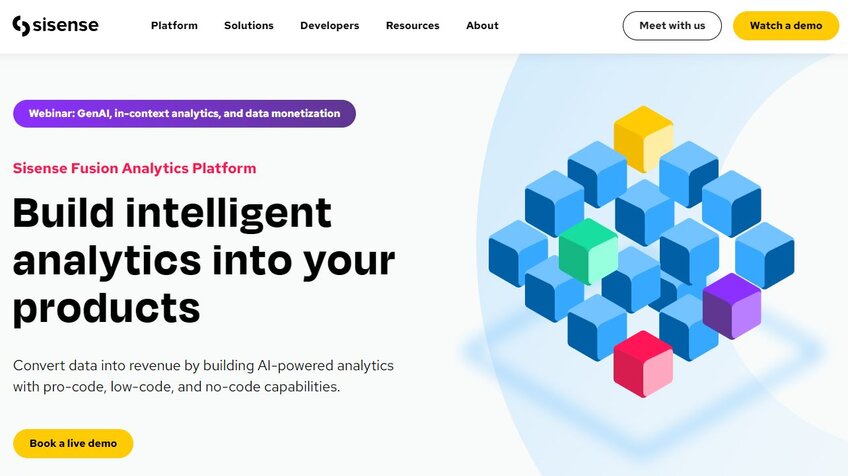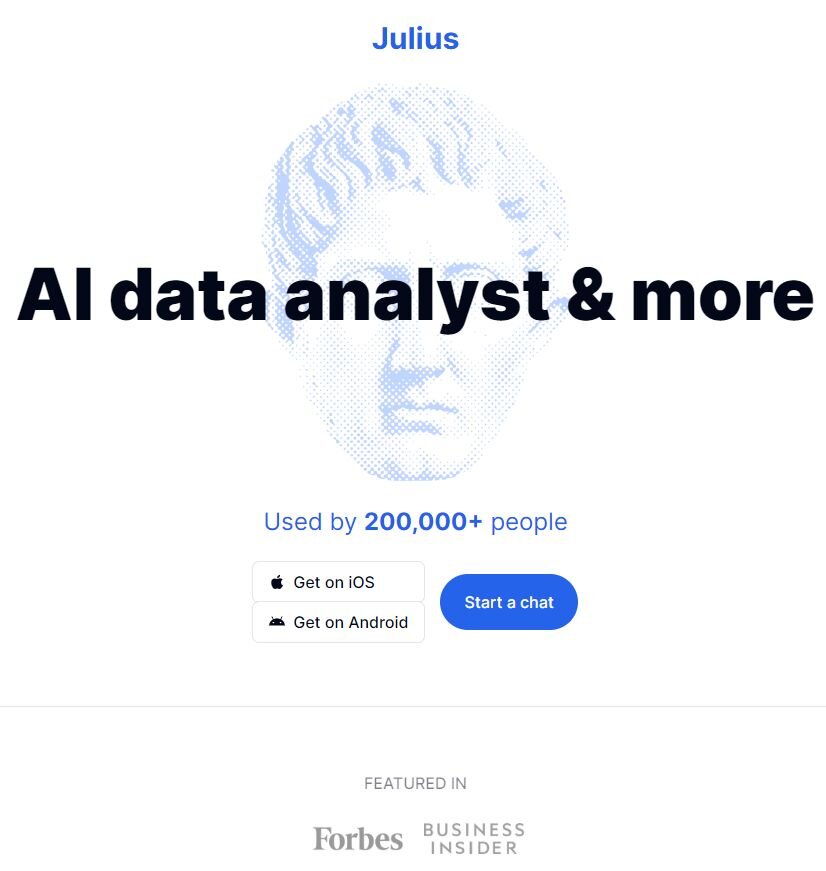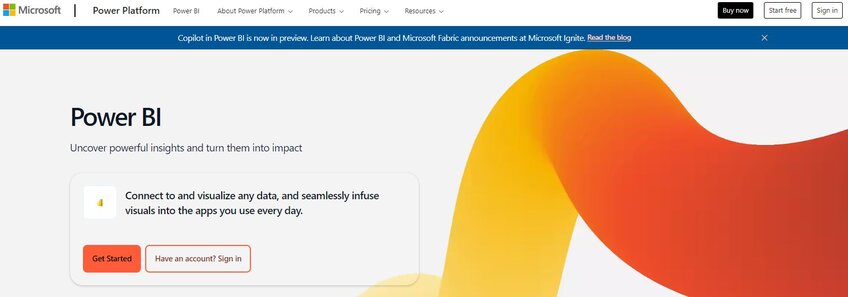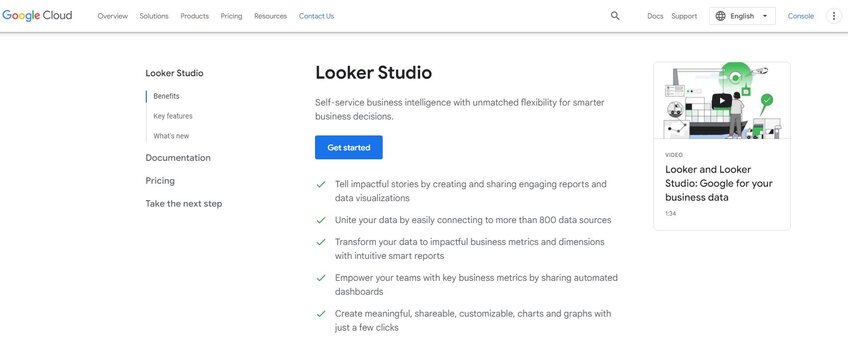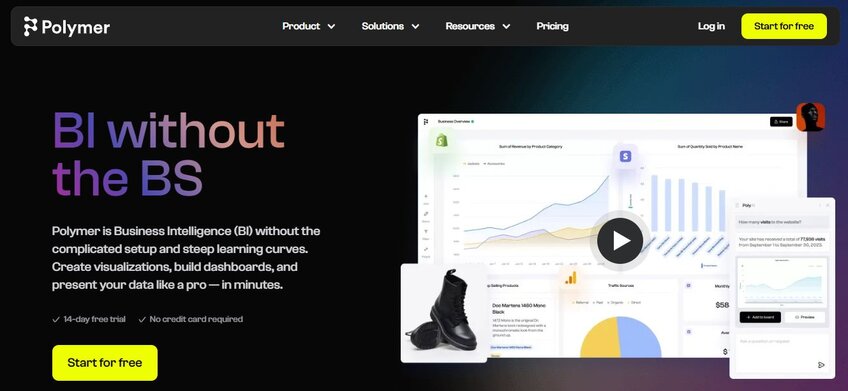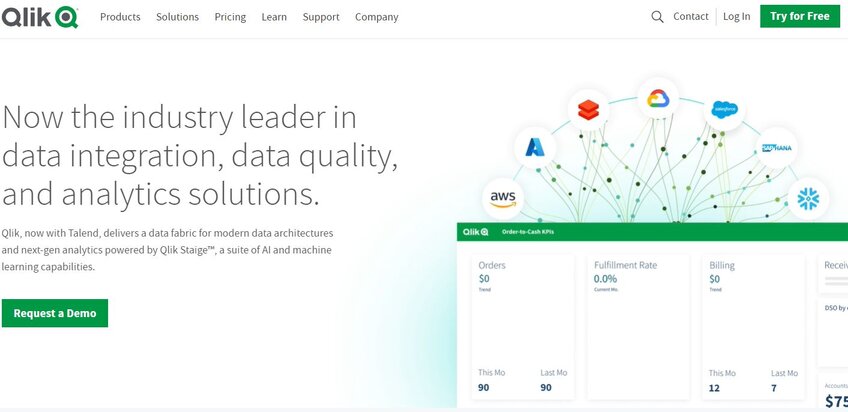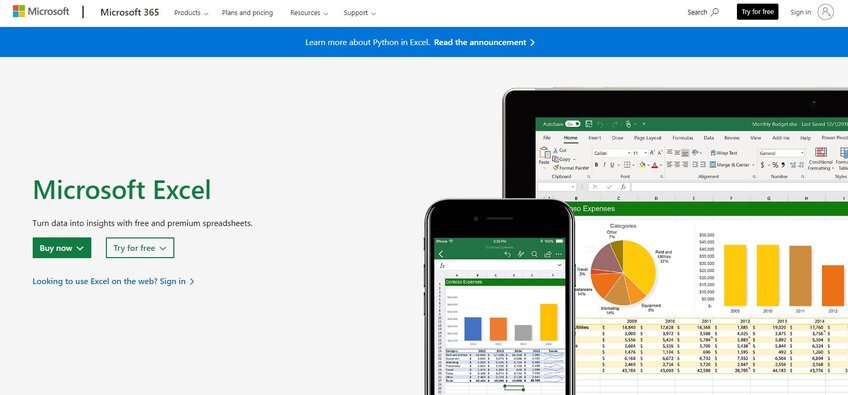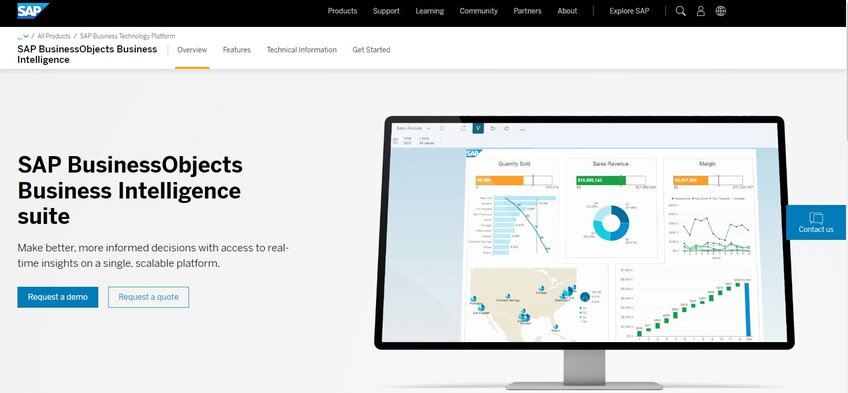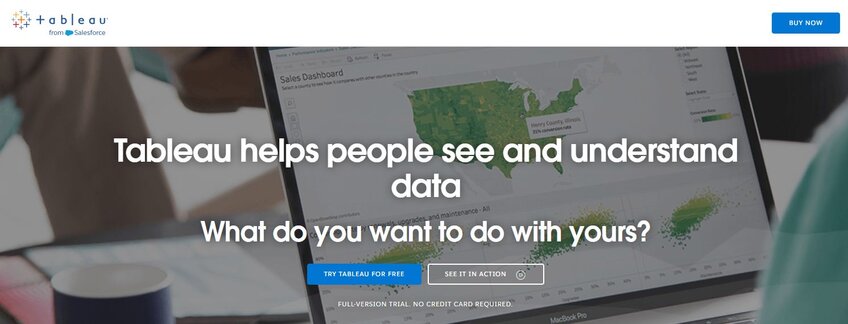Top 10 AI Tools for Smarter Data Analysis
By Josephine Santos · 6 min read
Overview
In the digital age, data is the new gold, and analyzing it effectively is crucial for success. The integration of Artificial Intelligence in data analysis has revolutionized the way we approach this task, offering speed, accuracy, and insights that were previously unattainable. From predicting trends to identifying patterns, AI-powered data analysis tools are changing the game. In this article, we'll explore the top 10 AI tools that are leading the charge in transforming data into actionable insights. Whether you're a seasoned data scientist or just starting out, these tools will help you unlock the full potential of your data.
1. Sisense
A user-friendly data analytics platform, Sisense offers a unique "In-Chip" technology that accelerates data computation. While its visualization capabilities might be limited, it's perfect for those with basic visualization needs.
2. Julius
Designed to cater to a wide range of analytical needs, Julius is equipped to perform advanced network analysis, ANOVA, Chi-Square tests, cluster analysis, and much more. Its ability to handle diverse types of data analysis makes it an invaluable asset for data scientists and analysts alike.
3. MonkeyLearn
This no-code platform boasts AI-powered text analysis tools. Users can effortlessly classify data and extract relevant information, making data sorting a breeze.
4. Microsoft Power BI:
A renowned business intelligence platform, Power BI lets users import data from various sources and craft detailed reports and dashboards. Its integration with Excel and other AI features makes data analysis more efficient.
5. Looker
Part of Google Cloud, Looker is a no-code data analysis tool that can process vast databases. It consolidates all data sources into one platform, although it might lack flexibility in report creation.
6. Polymer Search
Transform your spreadsheets into dynamic databases with Polymer. This tool uses AI to analyze and enhance your data, making it more accessible and understandable.
7. QlikView
A versatile business intelligence solution, QlikView offers a range of data exploration features suitable for both tech-savvy and novice users. Its high functionality comes with a price, but it's worth it for those who can fully utilize its features.
8. Microsoft Excel
The classic data analysis tool, Excel, remains relevant with its Data Analysis Toolpak. While it might have a steeper learning curve, its capabilities, including machine learning models, are still unmatched.
9. SAP BusinessObjects
Integrated with the SAP suite, this tool allows users to harness AI and machine learning for data modeling, visualization, and enhanced reporting. It's especially beneficial for existing SAP customers.
10. Tableau
This data visualization platform enables real-time interaction with data. With its user-friendly interface, creating and sharing dashboards becomes a seamless experience.
Conclusion
The integration of AI in data analysis tools has transformed the way we interpret and utilize data. These top 10 tools, with their unique features and capabilities, empower users to delve deeper into their data, uncovering insights and patterns that drive informed decisions. Embracing these AI-powered tools is a step towards a more data-driven and insightful future.
Frequently Asked Questions (FAQs)
What is smart data analysis?
Smart data analysis refers to the use of advanced tools and algorithms, often powered by Artificial Intelligence, to process and interpret large datasets efficiently. It focuses on delivering actionable insights by identifying patterns, trends, and anomalies, enabling data-driven decision-making.
What is advanced data analysis?
Advanced data analysis involves sophisticated methods, such as predictive modeling, machine learning, and statistical analysis, to uncover deeper insights from data. It goes beyond basic reporting to enable businesses to anticipate outcomes, optimize processes, and make informed strategic decisions.
What are the techniques of intelligent data analysis?
Intelligent data analysis techniques include machine learning algorithms, natural language processing (NLP), data mining, and predictive analytics. These methods leverage AI and automation to process complex datasets, extract meaningful patterns, and generate insightful recommendations for decision-making.


